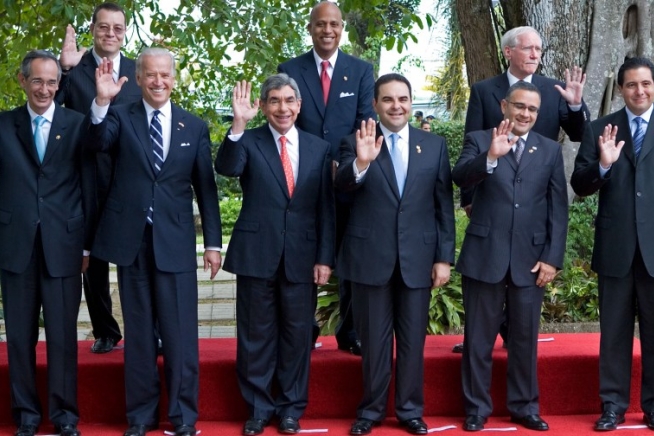Many Latin American leaders are wary about navigating relations with former U.S. President Donald Trump if he is elected again. The “America first” posture of Trump’s first term as president included aggressive pushes for countries in the region to shun trade ties with China, sweeping sanctions campaigns, and even threats of military intervention in Venezuela. Wired reported this week that Trump officials coupled those threats with orders for the CIA to assist with a coup effort against Venezuelan President Nicolás Maduro and his government, though the CIA slow-pedaled the initiative. Maduro is still in power today.
Despite Trump’s approach, some Latin American officials were still able to create space to maneuver, including former Mexican President Andrés Manuel López Obrador, who cut deals with the United States that often-involved Mexico stepping up migration enforcement. As a result, Mexico was able to achieve some of its foreign-policy objectives during the Trump years.
While Trump had threatened to withdraw from the North American Free Trade Agreement, new negotiations strengthened the deal, both in terms of local content requirements and labor standards. Mexico inaugurated a new president last month, Claudia Sheinbaum, whose international negotiating chops are yet to be proven.
In the meantime, another crop of Latin American politicians has publicly embraced Trump, including Argentine President Javier Milei and former Brazilian President Jair Bolsonaro. A second Trump administration could give a boost to their far-right populist movements. (https://foreignpolicy.com/2024/11/01/us-election-trump-latin-america-mexico-brazil-bolsonaro-milei/)



































